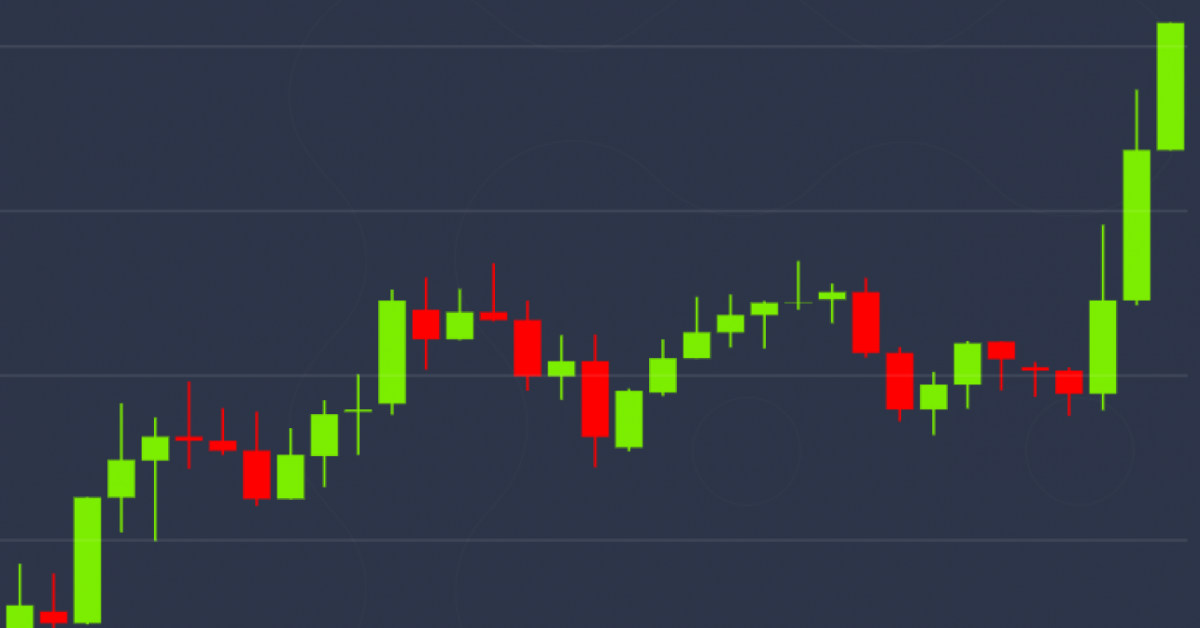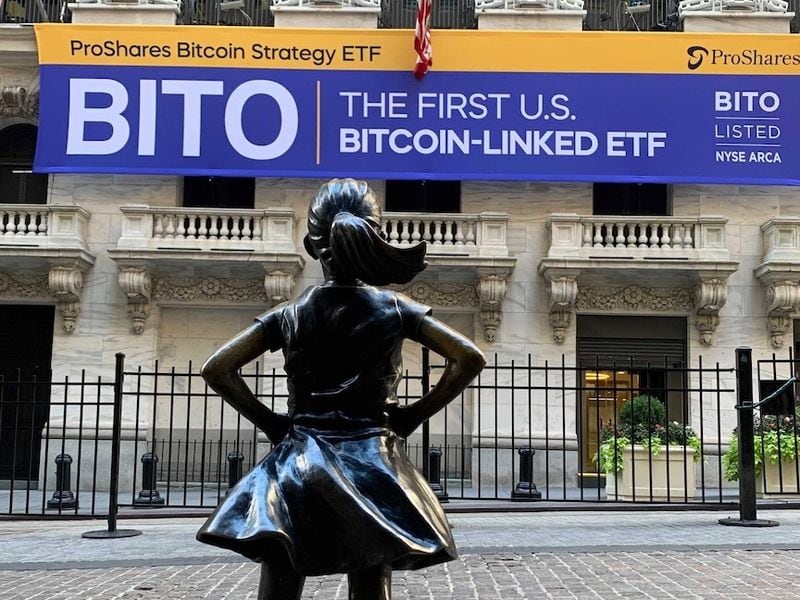U.S. Strategic Bitcoin Reserve to Be Funded Partly by Revaluing Fed’s Gold, Draft Bill Shows
-
The purchase of bitcoin for a new strategic reserve would be financed partly by revaluing Federal Reserve’s gold, according to draft legislation from U.S. Senator Cynthia Lummis’s office.
-
The plan proposes establishing a “Bitcoin Purchase Program” of up to 200,000 BTC a year over a five-year period.
U.S. Senator Cynthia Lummis’s plan for a new Strategic Bitcoin Reserve would finance purchases of the cryptocurrency partly by revaluing gold certificates held by the Federal Reserve System, according to a draft of the legislation obtained by CoinDesk.
Lummis, a Wyoming Republican who is known for her Bitcoin-friendly policy stance, announced her intention to propose the reserve on Saturday at the Bitcoin Nashville conference. She came onstage just minutes after former U.S. President Donald Trump, the Republican nominee in this year’s presidential race, delivered a speech on blockchain policy before the cheering room, filled to its 8,500-person capacity.
Trump, during this speech, endorsed using the U.S. government’s existing bitcoin holdings – primarily obtained through forfeitures and seizures related to criminal cases – to form the “core” of a new “strategic national bitcoin stockpile.”
According to the draft bill, under the working short title of “Bitcoin Act of 2024,” the Treasury secretary would “establish a decentralized network of secure Bitcoin storage facilities distributed across the U.S.,” selecting the locations for the vaults “based on a comprehensive risk assessment, prioritizing geographic diversity, security and accessibility.”
The Treasury secretary would establish a “Bitcoin Purchase Program” of up to 200,000 BTC a year over a five-year period, for a total of 1 million, according to the draft. The bitcoin would be held for at least 20 years and could only be disposed of for the purpose of paying off federal debt. After that, no more than 10% of the assets could be sold during any two-year period.
The bitcoin purchases would be financed through a few methods, describe in the draft bill as “offsetting the cost of the Strategic Bitcoin Reserve.”
The plan calls for the setting aside of $6 billion from any net earnings remitted by Federal Reserve to the Treasury from fiscal years 2025 through 2029, and it would reduce the discretionary surplus funds of Federal Reserve banks to $2.4 billion from $6.825 billion, the level that’s currently stipulated in the Federal Reserve Act.
There’s also the revaluation of Federal Reserve banks’ gold certificates to reflect their fair market value.
Under the plan, within six months of enactment of the legislation, Federal Reserve banks would tender all of their oustanding gold certificates to the Treasury secretary. Within 90 days after that, the Treasury secretary would issue “new gold certificates to the Federal Reserve banks that reflect the fair market value price of the gold.”
The Federal Reserve banks would then “remit the difference in cash value between the old and new certificates” to the Treasury secretary.
As of July 24, Federal Reserve banks held “gold stock” valued at $11 billion, according to the central bank’s most recent balance sheet update.
That valuation might be based on the official U.S. book value of $42.22 per troy ounce, which the Federal Reserve Bank of New York uses to value its gold.
But the market value of the gold is more than 50 times higher, with front-month futures contracts on the yellow metal trading around $2,400, based on MarketWatch pricing.
Edited by Aoyon Ashraf.
Disclosure
Please note that our
privacy policy,
terms of use,
cookies,
and
do not sell my personal information
has been updated
.
CoinDesk is an
award-winning
media outlet that covers the cryptocurrency industry. Its journalists abide by a
strict set of editorial policies.
In November 2023
, CoinDesk was acquired
by the Bullish group, owner of
Bullish,
a regulated, digital assets exchange. The Bullish group is majority-owned by
Block.one; both companies have
interests
in a variety of blockchain and digital asset businesses and significant holdings of digital assets, including bitcoin.
CoinDesk operates as an independent subsidiary with an editorial committee to protect journalistic independence. CoinDesk employees, including journalists, may receive options in the Bullish group as part of their compensation.
:format(jpg)/s3.amazonaws.com/arc-authors/coindesk/f22b7b33-3453-471b-9db5-9f17af90a499.png)
Bradley Keoun is the managing editor of CoinDesk’s Tech & Protocols team. He owns less than $1,000 each of several cryptocurrencies.
Follow @Liqquidity on Twitter









